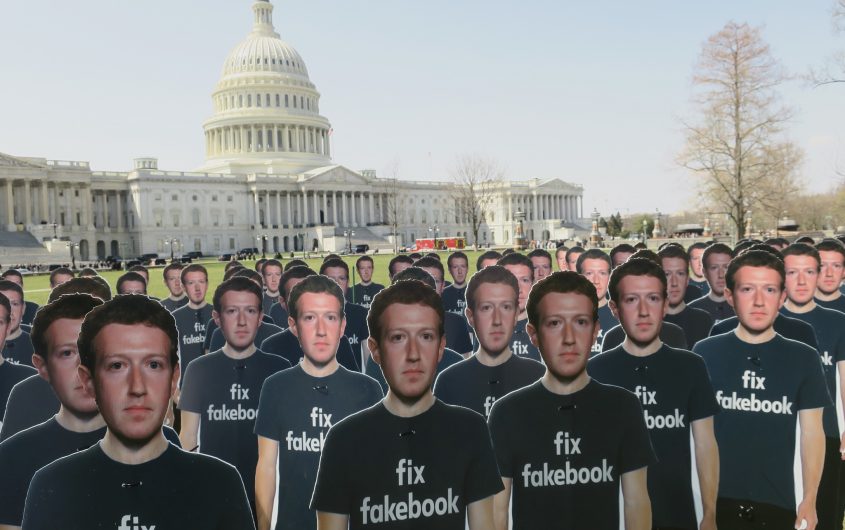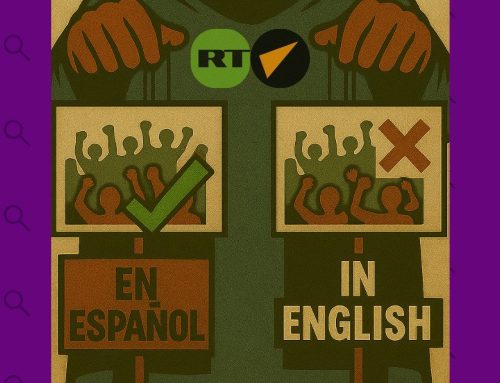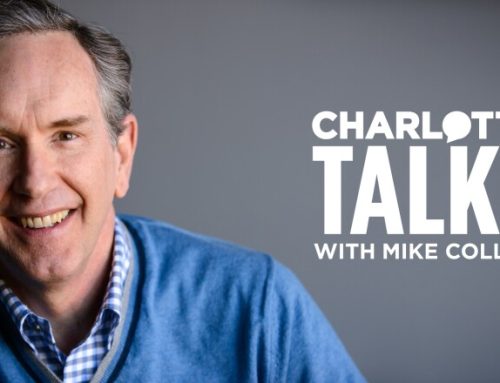Numerous factors complicate efforts to combat digital disinformation, not the least of which is the near impossibility of establishing a universal set of standards that could define what is and is not “disinformation.” This taxonomic dilemma is amplified by different cultural and legal standards related to freedom of speech. Protected free speech in the United States, for example, is vastly different from freedom of expression in Germany. Unlike terrorist content or child pornography, both of which plainly and egregiously violate societal norms and, in some cases, federal and international laws, digital disinformation falls into a difficult-to-codify gray zone. Democratic governments and social media platforms are loath to regulate this space, for the justifiable and perhaps laudable fear of being seen as “arbiters of truth”— a role that is anathematic to free, open exchanges of information.




